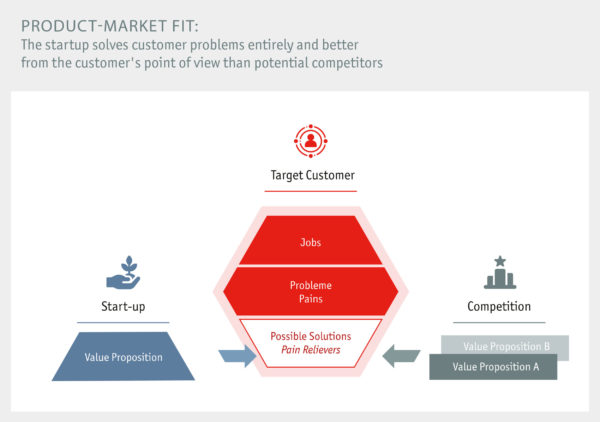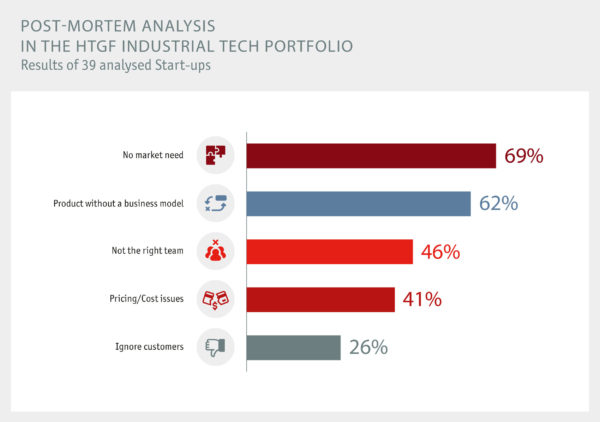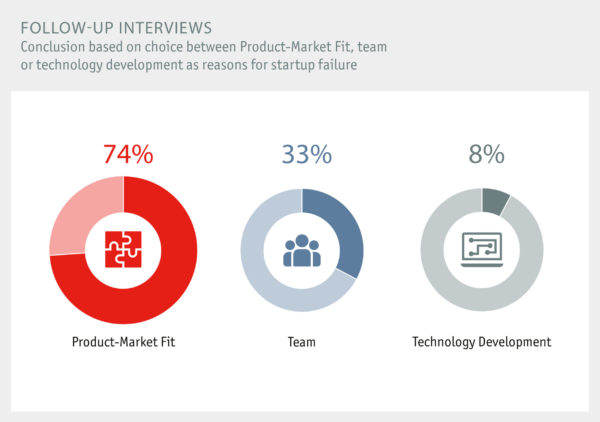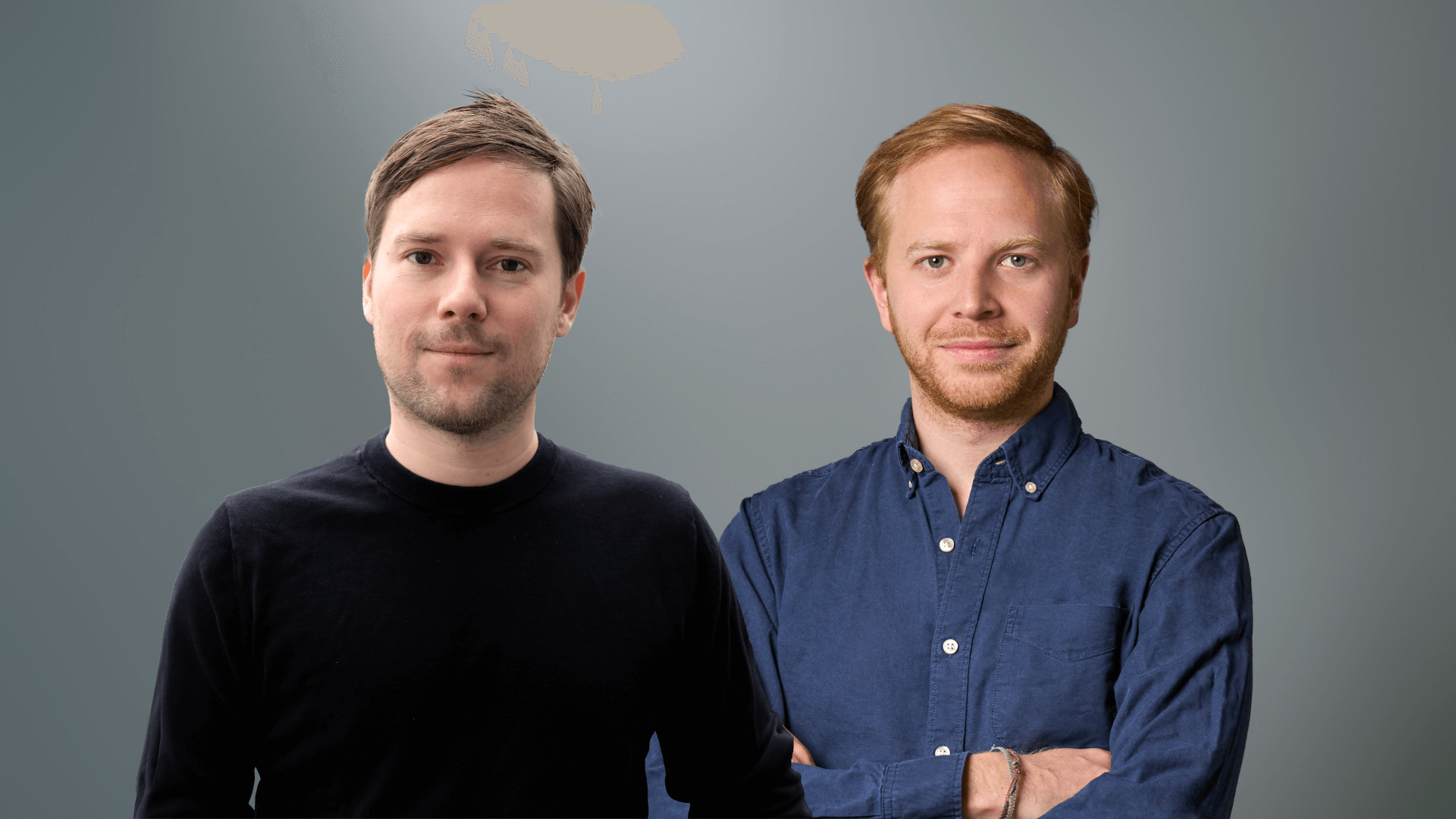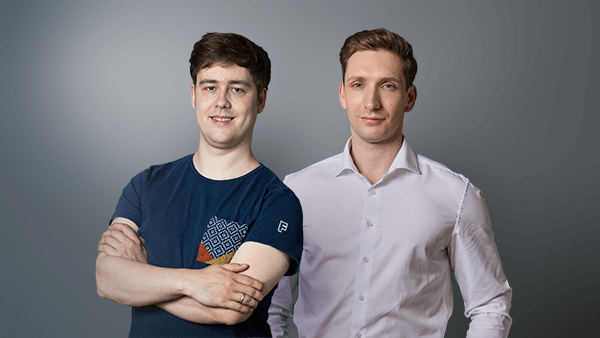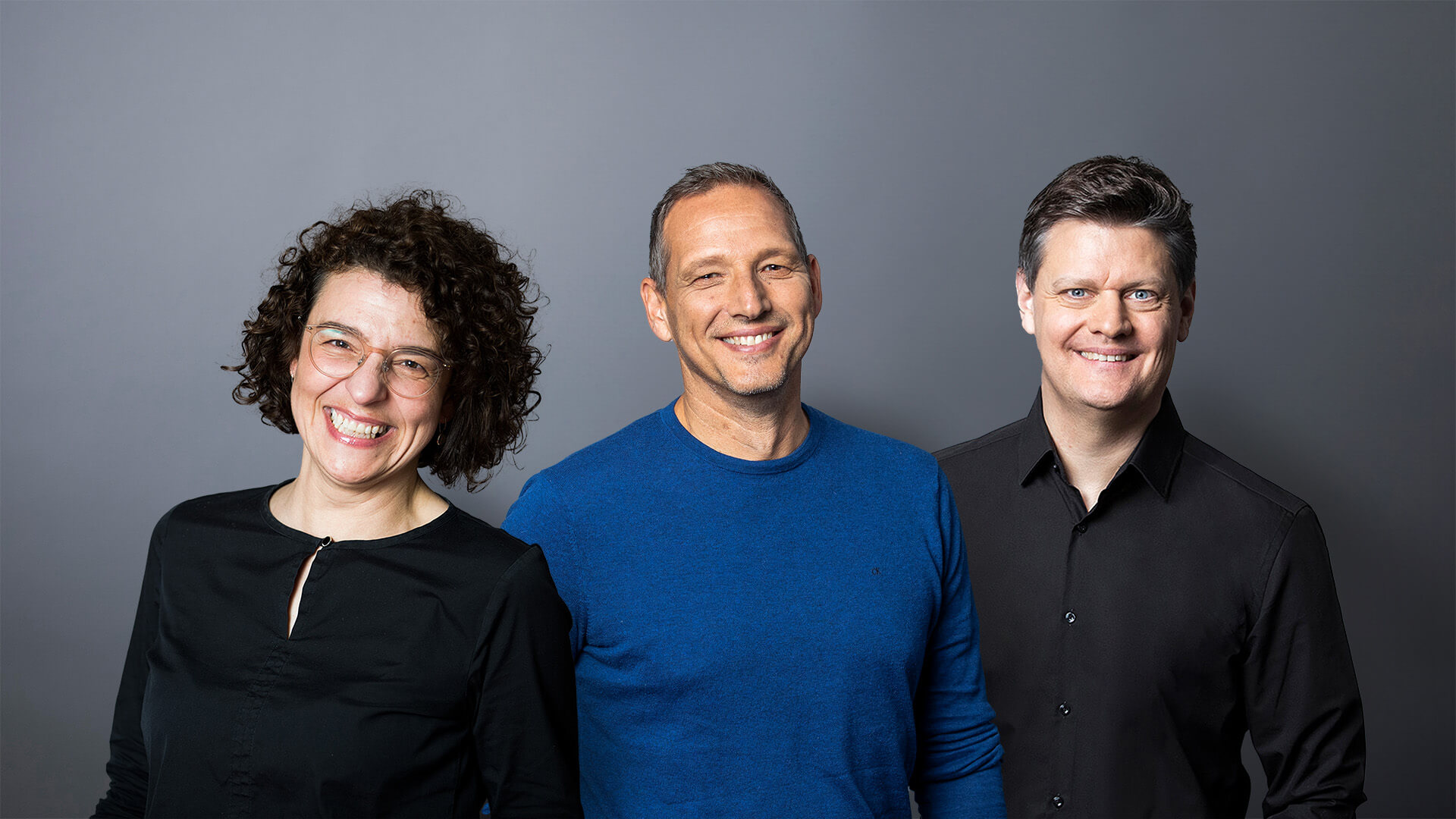Product-Market Fit: The Main Reason for Failure of Industrial Tech Startups within the HTGF Portfolio
A post-mortem Analysis of the HTGF Industrial Technologies Portfolio
By Gregor Haidl (Investment Manager), Fabian Hogrebe (Analyst), Ingo Fehr (Investment Manager), Yann Fiebig (Senior Investment Manager), Dr. Andreas Olmes (Partner)
Every year we read through hundreds of pitch decks or business plans at High-Tech Gründerfonds (HTGF) created by technology startups in the industrial environment. In recent years, we have repeatedly experienced the reasons that determine the success or failure of industrial tech startups.
The Starting Point
Most of the founders in the Industrial Tech or Deep Tech space have a technical or scientific background. Often a new technological product or a related service is the beginning of their own startup ambitions.
A technical development plan for the company is quickly drawn up. Initial market and sales figures are compiled through research and customer interviews. All this work is summarized in a pitch deck or business plan. The wishful thinking of many startup founders can be described in a simplified form: An investment round is raised to develop the initial product idea to a market-ready product. The successful market entry is then achieved by extensive marketing and sales activities. A growth investor is then acquired in order to further scale the product or service.
Startup Planning meets Industry Reality
From our experience startups rarely develop according to a plan. For example, sales are delayed or significantly lower than expected or the first product version has to be technically revised. Many technical founders ignore or strongly underestimate one fundamental risk: the risk that there is no demand on the market. The market-ready product or service is not able to convince a sufficient number of customers and the necessary revenues for the business model are not generated.
Instead, the teams are focussing primarily on minimizing technology and product risks. The founders rely on their gut feeling and hope that customers are demanding the product as soon as it is available on the market. All too often we hear: “Without a first product, the customer cannot even know whether it works and has any value!
One of the most important reasons for the failure of startups is being either neglected or the importance is recognized too late in the startup’s development: the Product-Market Fit and the Value Proposition from the customer’s point of view.
Product-Market Fit
Product-Market Fit from HTGF’s point of view means that the startup solves the problems of the target customer entirely and better from the customer’s point of view than potential competitors.
Value Proposition
The central promise from the customer’s point of view that the startup’s product or service is capable solving the customers’ problems. Competitors are not only alternative technologies, but also substitutes or existing processes that can solve the target customer’s problem well enough.
The American venture capital database CB-Insights concludes that the main reason for failure is no market need for the product or service of the startups. 101 startups were analyzed post-mortem, however, not exclusively focused on the industrial tech sector: 42% of the analyzed startups are affected by this category which can clearly be attributed to a lack of Product-Market Fit. It is likely that the number of companies that failed due to Product-Market Fit is even higher! Other reasons listed in the top 10, e.g. ignoring customers, poor marketing or product pricing problems, can be indirectly attributed to startups struggling with Product-Market Fit.
Product-Market Fit Know-how is available
We are even more surprised how often startups still struggle with these problems. Today most startup founders, including those from the industrial tech environment, are familiar with the concepts originally developed in Silicon Valley, such as Steve Blank’s Lean Startup or Product-Market Fit. The term was already coined in 2013 by Wealthfront founder Andy Rachleff. In addition, there are numerous good contributions on the Internet, above all the Lean Launch Pad lecture by Steve Blank or the blog post 12 Things about Product-Market Fit by Tren Griffin (Andreessen Horowitz), which deepen these topics with relevant practical insights.
Our Portfolio Analysis: Why do Industrial Tech Startups fail?
From the experience of over 150 Industrial Tech investments, we are well aware of how important the Product-Market Fit is for startups in the seed phase. We have invested in many very successful Industrial Tech startups which have created great value based on an initial Product-Market Fit. At the same time, it is the most important reason for failure. However, whether Product-Market Fit played a role in our failed Industrial Tech startups has not been systematically evaluated yet. We find this question particularly interesting. Previous contributions and analyses on the subject of Product-Market Fit have so far not explicitly dealt with these companies, but addressed other companies, e.g. with SaaS-models or B2C focus.
We have made 154 investments in various fields such as mechanical engineering, energy, automation, control systems, optical technologies and industrial software. 46 of these investments were either total losses or did not generate any significant returns.
In order to identify the reasons for failure, we conducted a detailed evaluation of these investments. In addition to internal documents, we also conducted interviews with the responsible investment managers for the post-mortem analysis. Thus, personal experience was also taken into account. In total, we were able to evaluate the results of 39 failed investments. The analysis was based on the same categories used by CB Insights to allow a comparison between both analyses.
Our portfolio evaluation shows a clear picture: In our former Industrial Technologies portfolio, the Product-Market Fit is by far the main reason for the failure. Although many of the founders have worked on challenging technological projects, almost no one has failed due to the risks of technical development. Although the team, which is cited by many investors as a success factor, is also significant, it is not the main reason for the analysed failures.
From our point of view, these results prove that Product-Market Fit is vital for high-tech startups with a focus on industrials in the seed phase. As investors in the HTGF Industrial Tech Team, it is also critical for our success. As a consequence, we have been working with our portfolio companies for some time now to address the challenge of finding Product-Market Fit as quickly as possible. We are working on indicators for a successful Product-Market Fit as well as on business development processes and tools. By doing so, we try to support the founders in their search for the best fit in the industrial tech sector.
We will present our learnings and experiences from an investor’s point of view to founders and startups in our upcoming blog series.
In the next part of this series (Part 2) we will deal with the special challenges in the Industrial Technologies sector on the way to Product-Market Fit.
